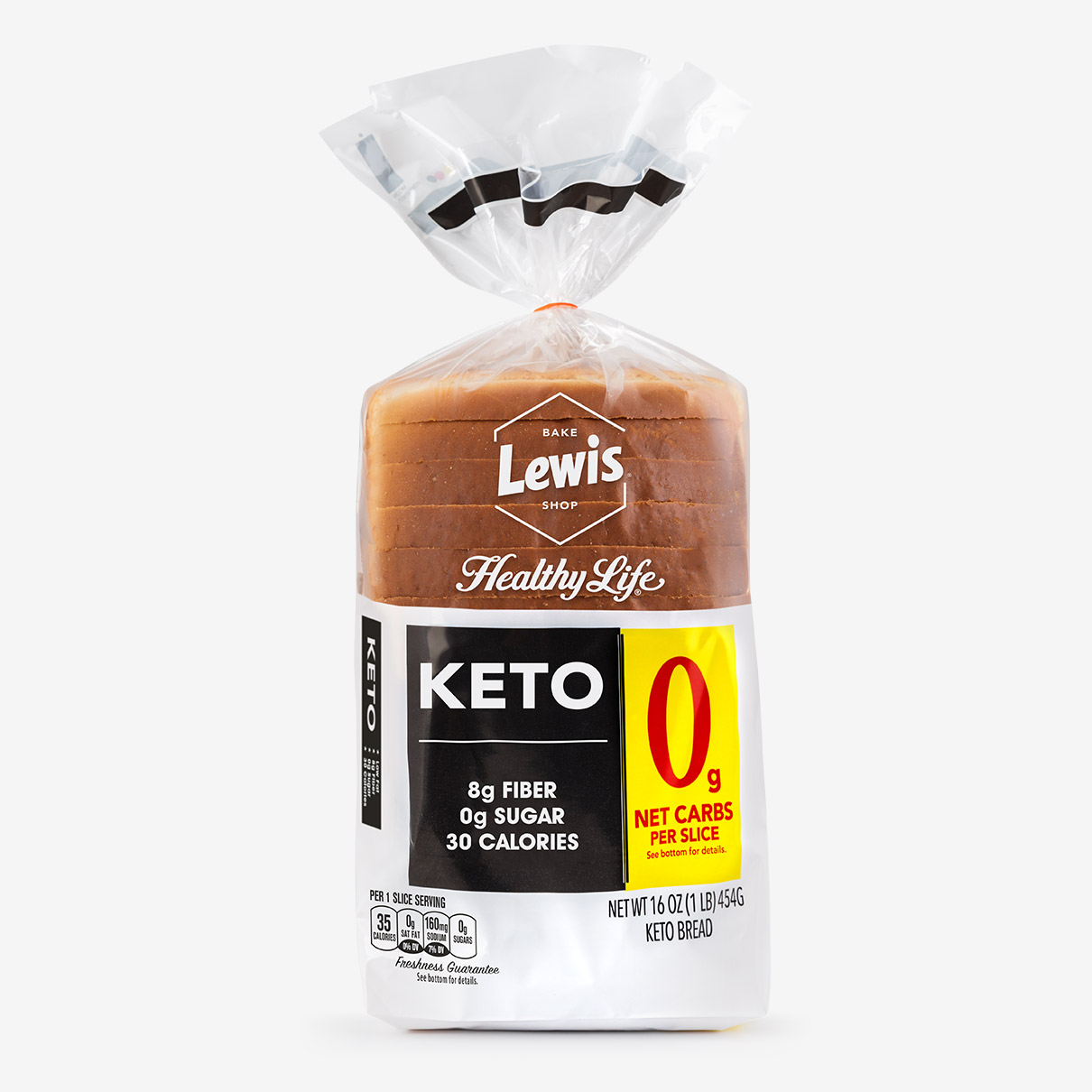
Posted on 09/06/2023 12:05:52 PM PDT by ConservativeMind
Resistant starch is a non-digestible fiber that ferments in the large intestine, and consumption of it has previously been shown to have a positive effect on metabolism in animal studies.
Now, a four-month randomized controlled trial in people with non-alcoholic fatty liver disease (NAFLD) indicates daily intake of resistant starch can alter gut bacteria composition and lower liver triglycerides and liver enzymes associated with liver injury and inflammation.
NAFLD, caused by a buildup of fat in the liver, affects about 30% of the population worldwide. It can lead to severe liver diseases and contribute to other conditions, such as type 2 diabetes and cardiovascular disease. Currently, there is no approved medicine available to treat NAFLD.
Previous research has suggested that NAFLD is associated with perturbed gut microbiota.
The team recruited 200 NAFLD patients and provided them with a balanced dietary plan designed by a nutritionist. Among them, 100 patients also received a resistant starch powder derived from maize while the other 100 received calorie-matched non-resistant corn starch as a control. They were instructed to drink 20 grams of the starch mixed with 300 mL water (1 ¼ cups) before meals twice a day for four months.
After the four-month experiment, participants who received the resistant starch treatment had nearly 40% lower liver triglyceride levels compared to patients in the control group. In addition, patients who had the resistant starch treatment also saw reductions in liver enzymes and inflammatory factors associated with NAFLD. Importantly, these benefits were still apparent even when statistically adjusted for weight loss.
"We are able to identify a new intervention for NAFLD, and the approach is effective, affordable and sustainable. Compared with strenuous exercise or weight loss treatment, adding resistant starch to a normal and balanced diet is much easier for people to follow through," Li says.
(Excerpt) Read more at medicalxpress.com ...
Specifically, resistant starch is a soluble fiber.
They had a 40% reduction in triglycerides in four months by having 20 grams of resistant starch twice each day (40 grams of soluble fiber).
so, metamucil?
“but forms naturally exist in red and black beans...”
Ah, so that fermentation explains the “musical fruit” I guess.
Beans, oatmeal, slightly green bananas and other fruits.
Metamucil.
No, that uses psyllium, which is insoluble fiber.
Bread will say “resistant starch” or “modified starch” of some sort.
More here:
https://en.m.wikipedia.org/wiki/Resistant_starch

Exactly.
CM, thanks for posting such interesting and informative articles!
I second that. Thank you, CM.
I am honored to help.
I want everyone to be at their best.
Do you recommmend a specific brand?
Other breads I have eaten that have resistant starch include:
- Sola
- Franz Keto
- Sams Choice Keto Friendly (10 grams a slice)(Walmart)
- Arnold Keto
- Thin Slim foods
These are in general order of preference for my wife and myself. Be sure you get a fresh loaf with some softness to it, showing it has moisture. High fiber breads always run that risk.
Most slices have seven grams of fiber a slice, so you'd need 2 1/2 slices, twice a day, to get to the 40 grams in this study.
It is important to have plenty of liquid when increasing your fiber. Fiber binds up some liquid, so you need even more to stay normal.
Fortunately, it also helps with bowel movements, so it's a win-win.
Men are supposed to have at least 38 grams of fiber a day, anyway. I sure haven't always had that, but I have been, more recently.
Bkmk
A great source of resistant starch is potato.
Baking or boiling converts much of this RS to a more digestible form. However, if after cooking, it is refrigerated for a minimum of 12 hours, that form reverts to resistant starch.
The RS isn’t digested by the body as much as it is by the intestinal bacteria, that convert it short-chain fatty acids. The most important of these short-chain fatty acids is butyrate. Butyrate is the preferred fuel of the cells that line your colon.
Thanks for posting this- great information.
Dose kidney beans fall into that category? I hope so. Love hot kidneys on my salad.
Yes, kidney beans have soluble fiber.
It’s important to get various forms of soluble fiber, as different gut bacteria create different beneficial substances from them.
Metamucil says their product has both types of fiber.
“ Psyllium husk is unique because it is rich in viscous soluble fiber (70-80%) and insoluble fiber. In fact, psyllium husk is one of the highest naturally occurring sources of viscous soluble fiber.”
https://www.metamucil.com/en-us/faqs/hcp-faqs#
Disclaimer: Opinions posted on Free Republic are those of the individual posters and do not necessarily represent the opinion of Free Republic or its management. All materials posted herein are protected by copyright law and the exemption for fair use of copyrighted works.